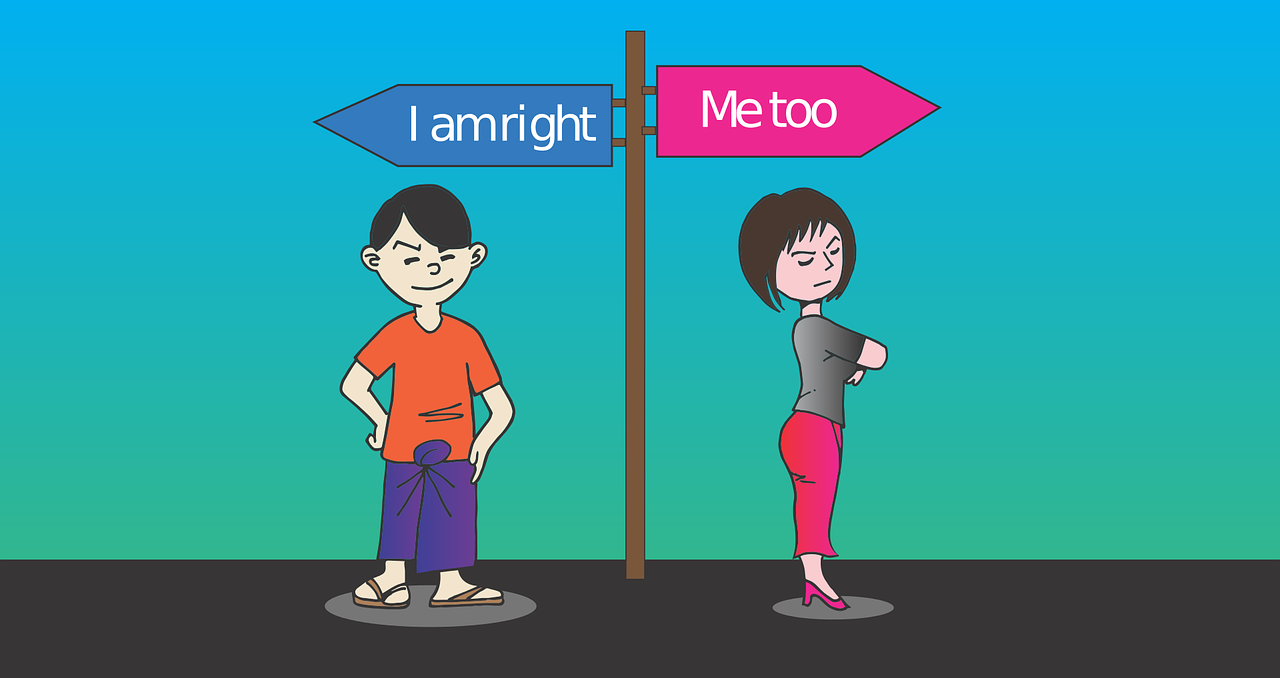
When the papers are filed for divorce, it will be labeled as uncontested or contested divorce. If no fault grounds are claimed for the divorce, it means that the divorce can be uncontested in nature. With this kind of divorce, the couple can decide on issues for themselves during mediation sessions. Mediation allows them to meet with a neutral third party to guide the conversation. This can prove to be a beneficial process since the spouses can make their own decisions about marital issues instead of having a judge decide on marital issues for them. When spouses enter into mediation together, they will need to cooperate in order to have a successful process that comes to conclusions that satisfy them both. If they are unable to cooperate during the process, it may prove to be unproductive. If spouses are unable to make compromises with one another, it may cause them to end mediation. By ending mediation, they may enter into a contested divorce. This may be necessary to decide on marital issues in court.
When can I end mediation?
The process of mediation can be ended at any time throughout the process. There can be multiple sessions to decide on outcomes for the spouses. Since the cooperation of both spouses is required for this process, it can be a difficult process to complete. If one spouse is not satisfied with the outcomes that are being decided, they can opt to end their mediation sessions. If spouses are unable to communicate with one another in mediation sessions, there are able to end the process to seek a better alternative.
How are decisions made in court?
If spouses opt to end mediation, there are still decisions that need to be made. Because of this, they may have to enter into litigation. In litigation, a judge will review their case to make decisions for them about marital issues. The judge will take many factors into consideration to decide the best possible outcome for the spouses and the family. For the division of assets, the judge will consider what is marital property and what is separate property. This can help them decipher what assets should be given to each spouse. For issues involving the children, the judge should always put the best interests of the child first. The child’s well-being is first and foremost the most important aspect. The judge will consider aspects relating to each parent and how equipped they are to raise a child. Not only will this taken into account child custody arrangements, but it may also involve child support payments. Alimony can be another marital issue that a judge will have to decide on as well.
Ross and Calandrillo, LLC is a full-service divorce, family, and real estate law firm located in Mountainside, New Jersey. For strong legal representation in all of your divorce or family law matters, contact Ross and Calandrillo, LLC to schedule a consultation.


